Our curriculum fosters both a comprehensive understanding of the unique experiences of American Indians, Asian Americans, Blacks, and Latina/Latinos in the United States and intersectional analysis amongst the different communities.
Africana Studies
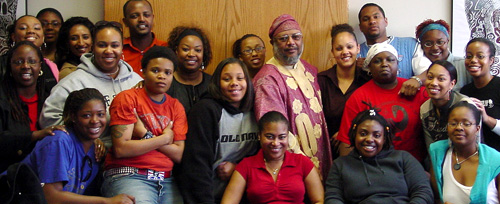
The Africana Studies Department offers both a Bachelor of Arts degree and a minor. The discipline of Africana Studies provides students with the experiences of challenging traditional thoughts and practices, and also gives them an opportunity to explore new and alternative paradigms and theories. It not only prepares students to understand the world in which they live, but to see where the world is wanting and to have the ability and the desire to make it better.
In studying Africana Studies, students are able to learn about critique and be inspired by the accomplishments of Africans and African Americans who shaped — and are shaping — the moral conscience, artistic genius, scientific and technical achievements, and political activism of their time. Students use the Black community as a classroom where lessons can be learned and taught.
American Indian Studies
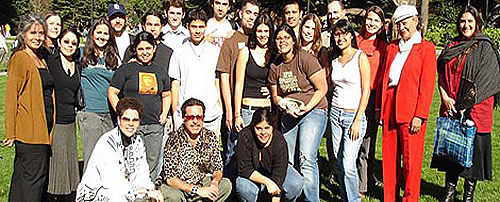
The Department of American Indian Studies offers a major as of Fall 2007; it also offers a minor. The Department's mission and objectives have a special responsibility to Native peoples of California and the United States. California is the land on which the university and department rest; the CSU is a public institution in the U.S. education system. Therefore, significant aspects of the program are focused on Natives of California, US-Native politics and North American Indian Cultures. The program also includes a comparative and coalition-building perspective with Native peoples of US-occupied territories and, more broadly, the Americas and the Pacific. It balances classroom education with an active community participation component and prepares students for graduate work or a number of careers with Native peoples and urban communities in California, the U.S. and internationally.
Asian American Studies
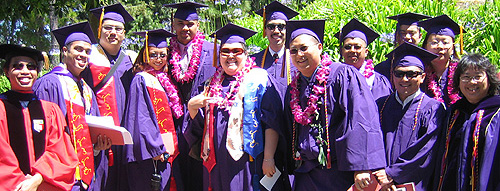
The baccalaureate major and minor in Asian American Studies offer unique opportunities for students to study and develop a greater understanding and awareness of Asian American heritage, culture, attitudes, values, and community perspectives. Through courses, guided research, field observation, and active participation by students in community-sponsored agencies, the Asian American Studies Department is committed to positive change in the general society and Asian American communities. The curriculum includes experiences of Chinese Americans, Filipino Americans, Japanese Americans, Korean Americans, South Asian Americans, Southeast Asian Americans (Cambodian and Vietnamese), and Asian Americans of Mixed Heritage.
Latina/Latino Studies
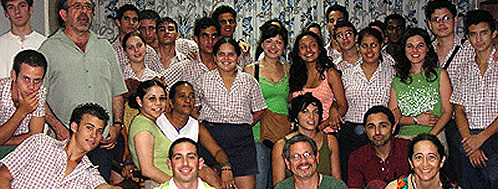
Latina/o Studies offers a major and minor that examine women's issues, family structure and acculturation, immigration, education, healthcare issues, and the relationship between race, crime and justice from the perspective of Raza in the Americas. The histories of Raza in the United States as well as the philosophical, world views, music, art and literature of indigenous and contemporary peoples are important subject areas in the curriculum. Issues in political economy, community organizing and relationships to Mexico, Central America and the Caribbean are also explored.
In a committed effort to merge knowledge with activism, the Department offers international community service, learning travel studies and local internship opportunities in a variety of community agencies and organizations.
Race and Resistance Studies
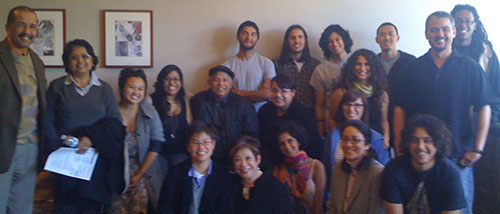
In 2010, the College of Ethnic Studies formally established a comparative program: Race and Resistance Studies (RRS) was started as an interdisciplinary program program and recently became a full-fledged department, with two minors and several academic programs in development. Coursework focuses upon processes of racialization — how race-related discourses/practices create and perpetuate social problems — across diverse ethnic and racialized communities. The core faculty in RRS provides students with tools for examining how institutions oppress communities of color. Students explore the creative and complex ways in which communities of color express multiple forms of resistance. In doing so, we further explore how domestic issues are shaped by transnational processes and how oppression and resistance are shaped by the intersections of race, ethnicity, class, gender and sexuality. Currently, a new initiative — Arab and Muslim Ethnicities and Diasporas — is taking shape within RRS to further diversify and complement the curricular offerings within the wider College of Ethnic Studies.